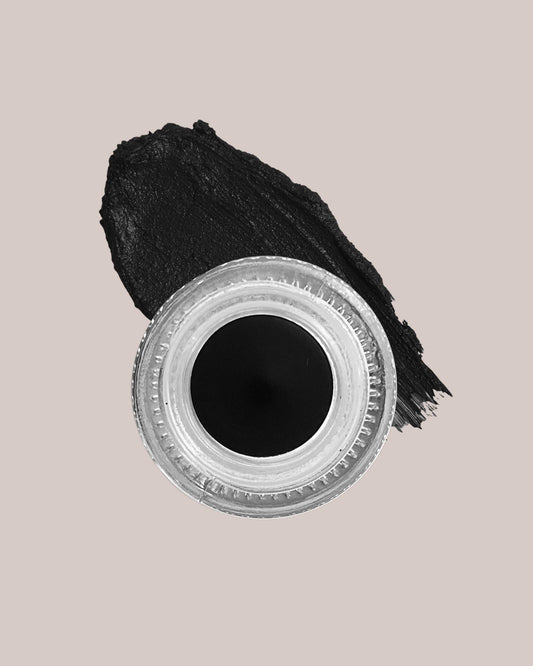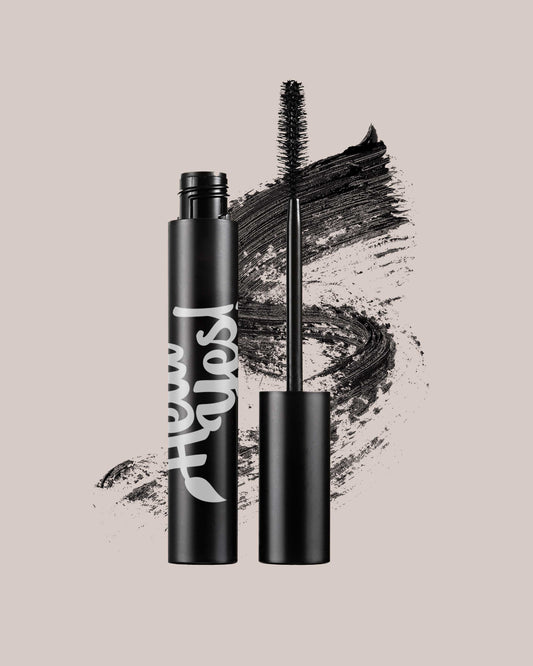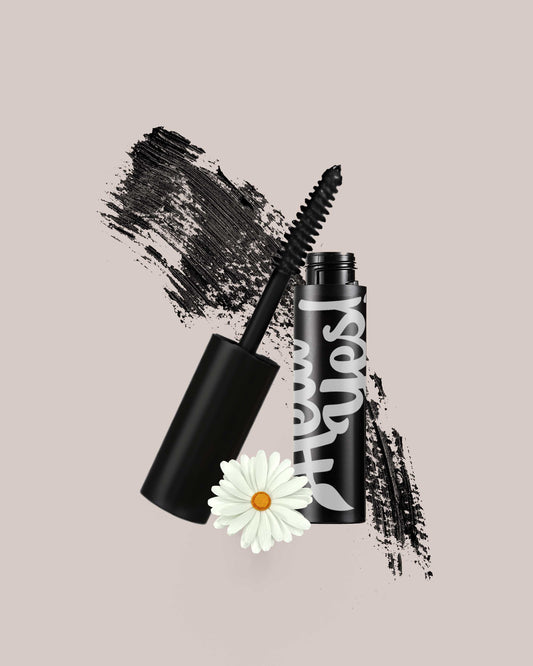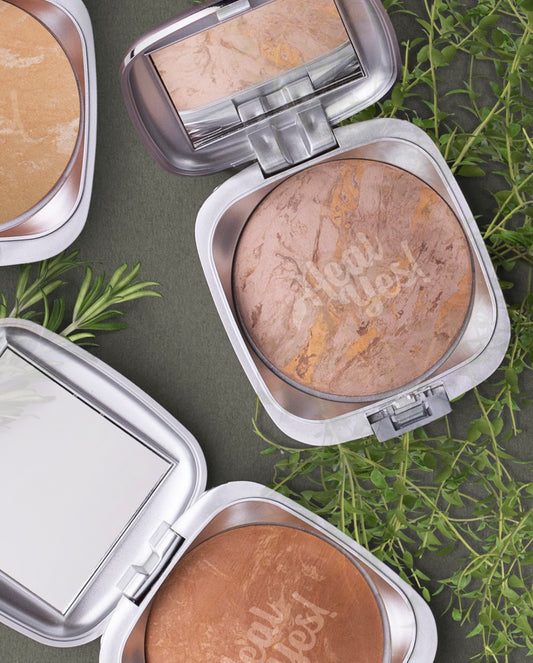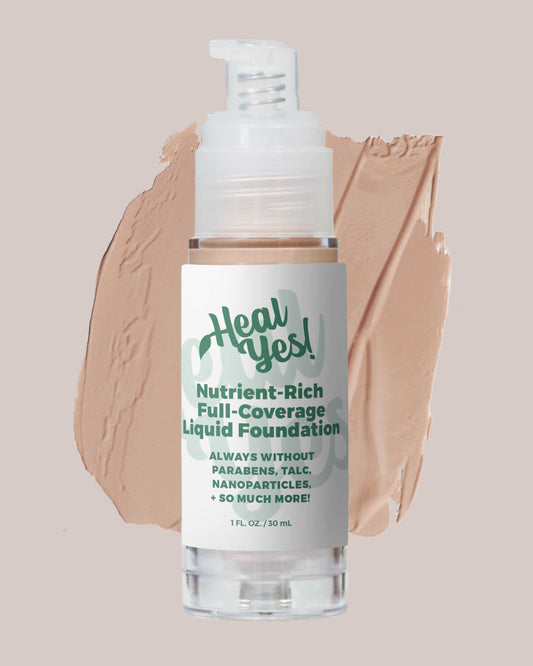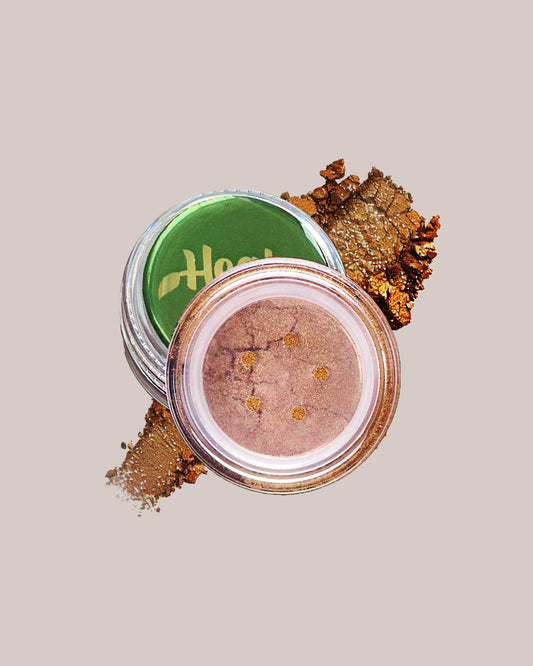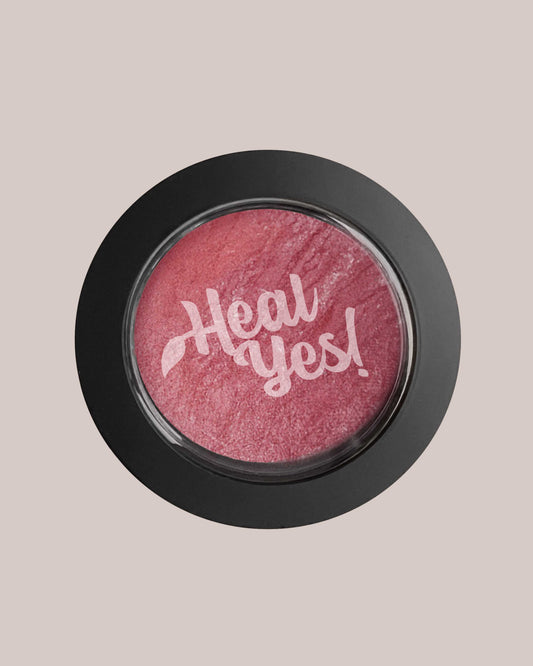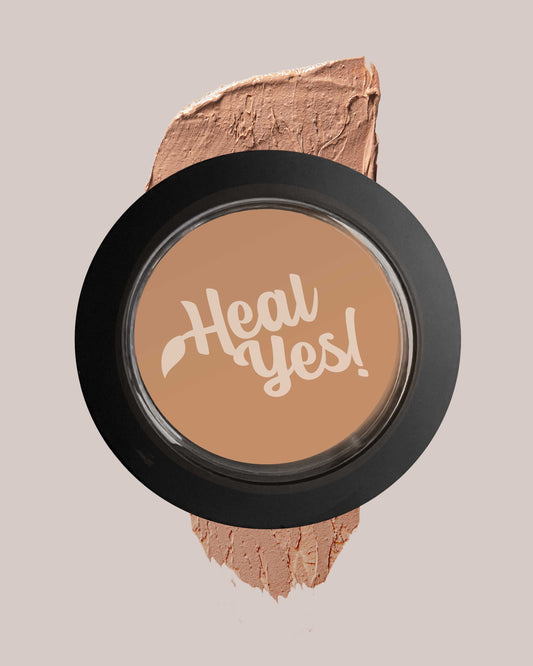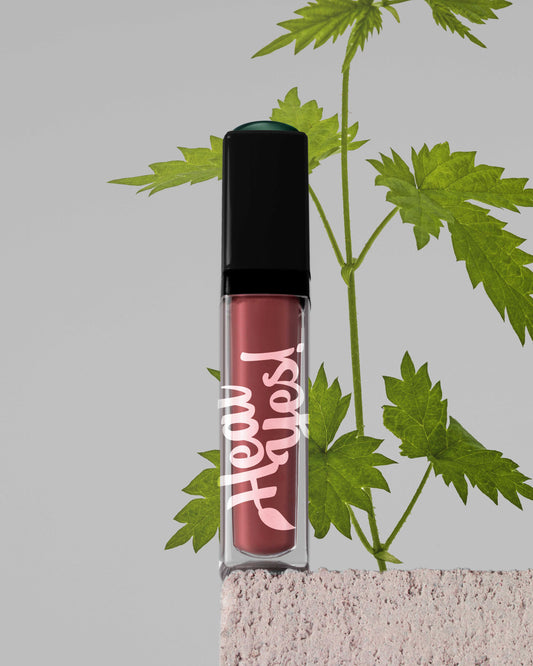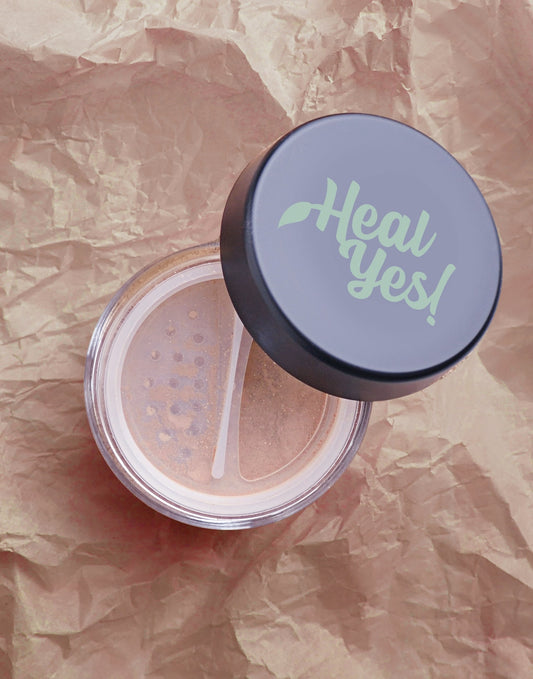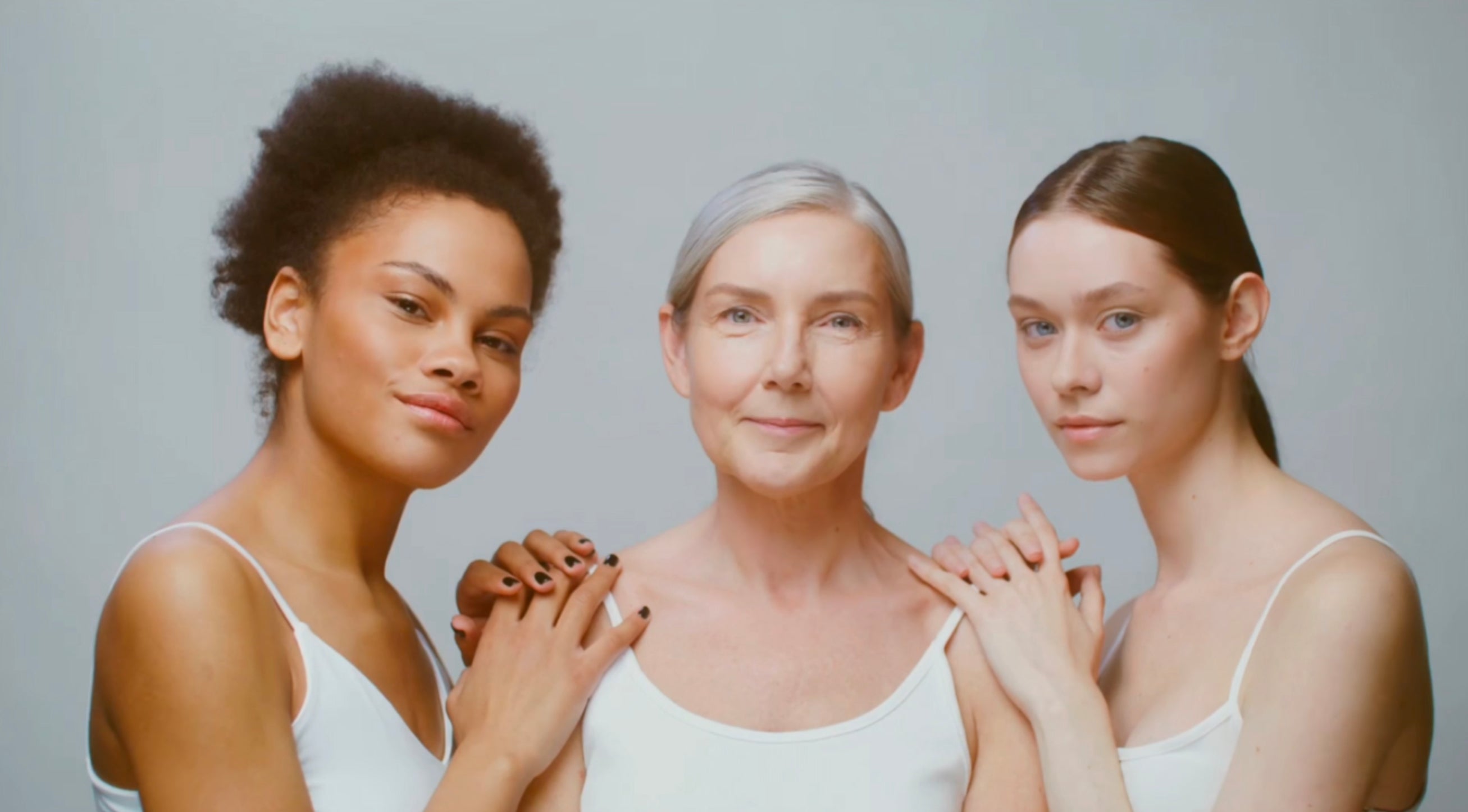Do cosmetic companies fully disclose ingredients?
We do, yes! Let's say that again: Heal Yes! does!
But, the answer for others? The answer is both yes and no.
Cosmetic companies are legally obligated to provide a list of ingredients on their product labels.
International Nomenclature of Cosmetic Ingredients
One important aspect of cosmetic labeling is the INCI (International Nomenclature of Cosmetic Ingredients) system. The INCI system provides a standardized naming convention for cosmetic ingredients, ensuring consistency and clarity in labeling practices:
Each ingredient is assigned a unique name, usually using scientific or technical terminology. For example, rice powder becomes "oryza sativa."
While the INCI names can first appear baffling to non-experts, they play a crucial role in identifying and categorizing ingredients, and cosmetic companies often list the common name of a cosmetic ingredient and then specify its INCI name.
When it comes to labeling cosmetics, there are some basic laws and rules in place to guide the process.
For instance, ingredients must be listed in descending order of concentration. This means that the ingredients with the highest concentrations appear at the beginning of the list.
There are instances where companies are not required to fully disclose ingredients!
This occurs when an ingredient qualifies as a trade secret.
Trade secrets are protected intellectual property, and companies may choose to withhold specific details to maintain a competitive edge and help ensure that other companies do not try to piggyback off or straight-up replicate their formula.
However, even in such cases, companies are still obligated to provide the INCI name of the ingredient and disclose that the formula contains undisclosed ingredients.
Mislabeling: It's Real
Now, let's address the elephant in the room:
Unfortunately, there are instances where companies intentionally mislabel products to deceive consumers or gain a marketing advantage. . . .
This can involve unethical practices, misleading claims, or even deliberate ingredient substitutions or omissions.
Not all cases of mislabeling are intentional. Some companies might accidentally or unknowingly mislabel products due to errors in formulation, changes in manufacturing processes, or a lack of awareness regarding specific regulations. Still, this doesn't make it okay, as consumers need to know what's in their prodcuts.
What if a cosmetic company is dishonest about labeling?
If a cosmetic company is dishonest on their ingredients, major consequences can ensue. Regulatory bodies, such as the U.S. Food and Drug Administration (FDA), have the authority to take actions against companies that violate labeling protocol. Think product recalls, fines, and legal consequences. These are all grave consequences that affect a company's bottom line and reputation.
How can you know when to trust a cosmetic company's label and product?
First and foremost, look for reputable brands with a history of transparency and integrity. Established brands often prioritize ingredient disclosure and adhere to industry standards and guidelines.
Additionally, conducting your own research can be empowering. Familiarize yourself with common cosmetic ingredients and their potential benefits or risks.
Stay informed about emerging trends and concerns in the industry. Reading customer reviews and testimonials can also offer insights into a brand's credibility and the experiences of other consumers.
Ultimately, transparency and honesty are key in the cosmetics industry. As a consumer, it's important to stay informed, ask questions, and support brands that prioritize ingredient disclosure and consumer well-being. Heal Yes! opts to provide the ultimate array of clean formulas for you to choose from; every ingredient set is fully disclosed on the product page for your consideration!

